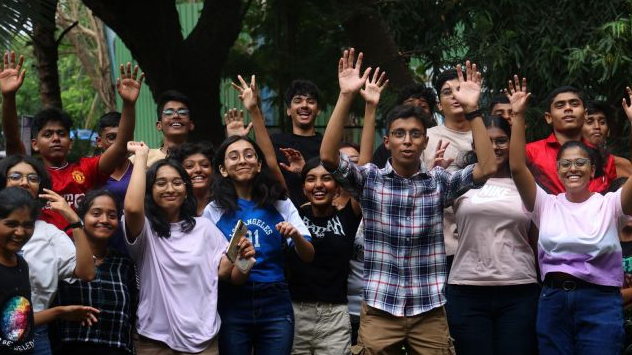Relevance of Raisina Dialogue and Intelligence Heads Meeting for UPSC
- Shamila Dani
- Mar 18, 2025
- 3 min read
In March 2025, the Raisina Dialogue, a premier event in global geopolitics and geoeconomics, took center stage in New Delhi. Inaugurated by Prime Minister Narendra Modi, this significant conference brought together leaders and experts from across the world to discuss pressing international issues. The event coincided with another crucial gathering—the meeting of intelligence heads from various countries, including the Five Eyes nations. For UPSC aspirants, both events are highly relevant as they provide valuable insights into India’s foreign policy, security strategies, and global positioning.

Raisina Dialogue: A Global Geopolitical Event
The Raisina Dialogue, which takes place annually in New Delhi, serves as a platform for in-depth discussions on global political, economic, and security challenges. It brings together heads of state, government ministers, academics, military leaders, and industry experts. The conference’s purpose is to facilitate a cross-sectoral dialogue on critical global issues. This year’s edition, which was the 10th in its series, had a theme of “Kālachakra – People, Peace, and Planet,” focusing on the interconnectedness of global issues such as sustainable development, peace-building, and economic growth.
A central focus of the dialogue this year was on understanding the shifting political landscape, the impact of climate change, and the role of digital technology in shaping future global governance. These topics align directly with several areas in the UPSC syllabus, particularly in the context of International Relations, Global Security, and Environmental Studies. The discussions at the Raisina Dialogue offer valuable learning for aspirants preparing for the International Relations section of the UPSC exam, providing them with contemporary examples and in-depth analysis of global affairs.
Intelligence Heads' Meeting: Strengthening Security Partnerships
Simultaneously, the gathering of intelligence chiefs in New Delhi on March 16, 2025, further highlighted the importance of security collaborations in today’s global environment. Hosted by India’s National Security Advisor, Ajit Doval, the conference brought together intelligence officials from the United States, United Kingdom, New Zealand, and India. The event underscored the growing cooperation between India and the Five Eyes nations on intelligence-sharing, which is crucial in addressing common security challenges like terrorism, cyber threats, and regional instability.
The significance of this meeting lies in its reflection of India’s increasing role in global security partnerships. India’s collaboration with nations like the US, UK, and New Zealand has strengthened its strategic security ties and fostered a collective approach toward managing global threats. For UPSC candidates, this is particularly important as India’s foreign policy and security strategy are key topics in the exam. Understanding how India aligns itself with major global powers and participates in multilateral security frameworks is essential for both the General Studies and International Relations papers.
The Five Eyes Alliance: A Strategic Collaboration
A key aspect of the intelligence heads' meeting was the involvement of the Five Eyes alliance, a multi-country intelligence-sharing network formed during World War II. Comprising the United States, the United Kingdom, Canada, Australia, and New Zealand, the alliance allows these countries to share intelligence to protect mutual security interests. In recent years, the Five Eyes partnership has expanded its focus to include cyber threats, counterterrorism efforts, and international diplomacy.
For UPSC candidates, the Five Eyes alliance is an important concept in the context of international security arrangements. The alliance plays a significant role in shaping global security policies and diplomatic relations, which is often a focus of questions in the International Relations section of the exam. Understanding the history, functions, and evolution of such alliances helps candidates build a more comprehensive understanding of global political dynamics.
Conclusion: Bridging Theory and Practice for UPSC Aspirants
The Raisina Dialogue and the meeting of intelligence heads are not just significant political events but also invaluable learning opportunities for UPSC aspirants. By closely following such high-level discussions, candidates can gain deeper insights into India’s foreign policy, security strategies, and its role in global governance. Both events offer practical examples that can enhance theoretical knowledge and provide a clearer understanding of global issues—essential for excelling in the UPSC exam.
As global affairs continue to evolve, staying updated on key events like the Raisina Dialogue and intelligence meetings ensures that UPSC aspirants are well-prepared for the exam, especially when it comes to answering questions related to international relations, diplomacy, and security. These events are reflective of real-world challenges and collaborations that shape India’s global standing, making them crucial study material for those aiming to excel in the UPSC examination.



Comments